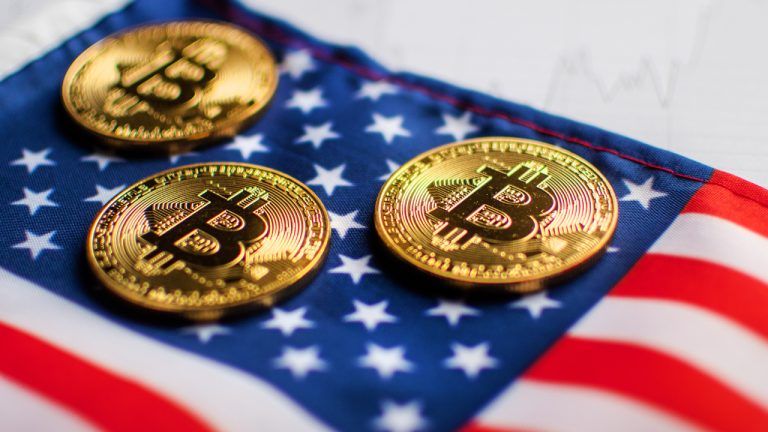The role demands candidates to have the ability to provide strategic and tactical advice to crypto investigations, among other investigative qualities.
Reacting to the rising attempts from bad actors to dupe crypto investors, the United Kingdom’s National Crime Agency (NCA) plans to form a specialized cryptocurrency and virtual assets team to counter the issue.
The NCA posted a job opening on Nov. 4, looking to hire six individuals to create a new team focused on crypto crimes — which will either fall under the National Cyber Crime Unit (NCCU) or the Digital Asset Team. The responsibilities include:
“The role will support existing and new investigations where specialist cryptocurrency experience is required along with taking a proactive lead in identifying targets for further development.”
The role requires candidates to have the ability to provide strategic and tactical advice to crypto investigations, conduct blockchain forensic investigations and analyze various materials.
While the intent behind forming a dedicated team of crypto investigators becomes evident amid rising cyber threats, NCA did not immediately respond to Cointelegraph’s request for comment.
In 2023, the NCA issued numerous crypto-centric recruitment notices — all hiring for crypto investigators on various levels. The move complements the UK’s goal to become a crypto hub as it reignites discussions around building a regulated environment that nurtures the crypto ecosystem instead of penalizing the users.
Related: London emerges as world’s most crypto-ready city for business — research
In August 2023, crypto exchange Coinbase confirmed it was working “seriously” in the U.K. and Europe amid the introduction of the Markets in Crypto Assets (MiCA) regulation.
A related Coinbase post recognized the U.K. as one of its fastest-growing user markets. “In short, things are happening in Europe that are edging the region ahead and when it comes to embracing the digital economy, the region is preparing for a seismic change in how it uses and thinks about money,” it added.
Magazine: Slumdog billionaire: Incredible rags-to-riches tale of Polygon’s Sandeep Nailwal



















